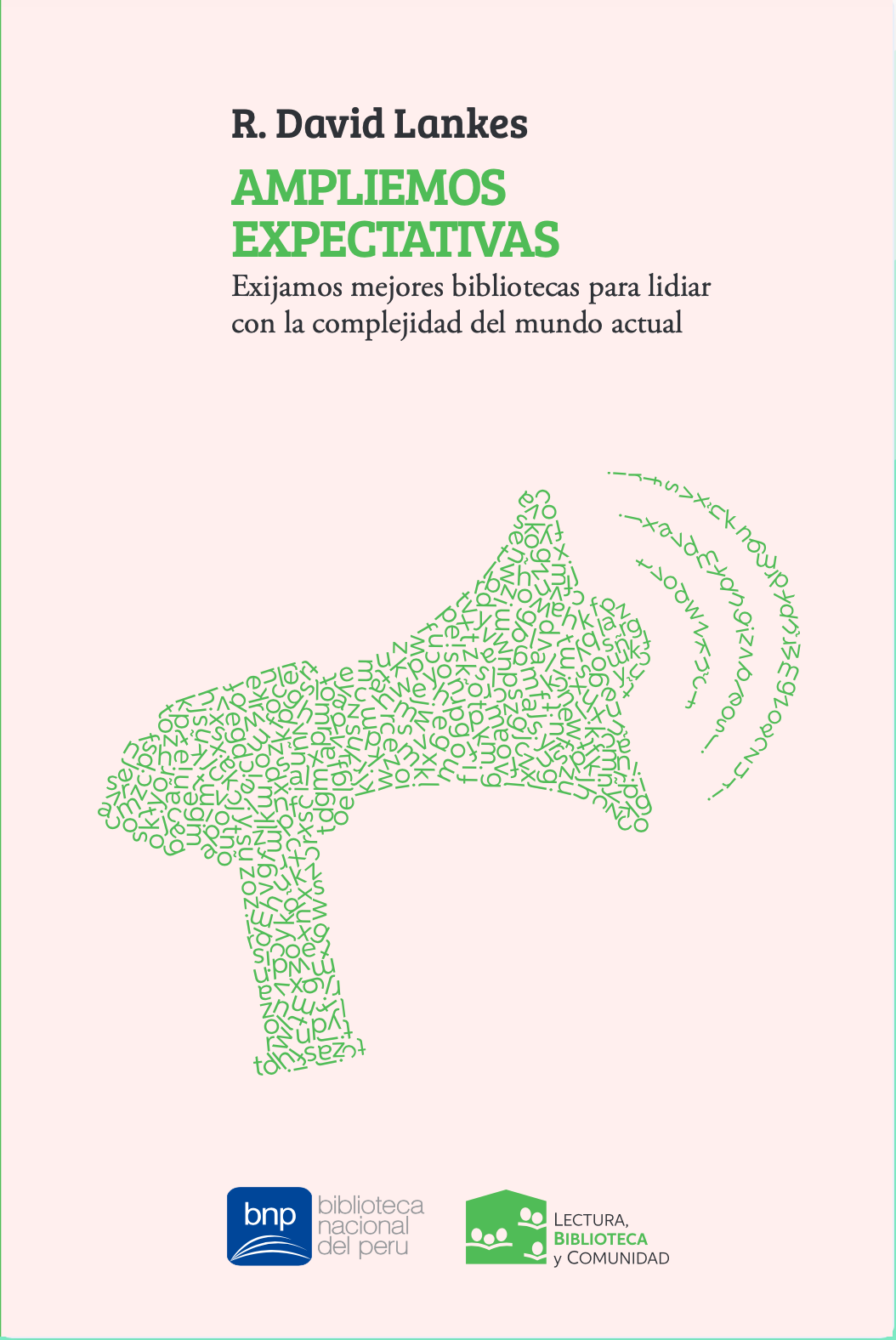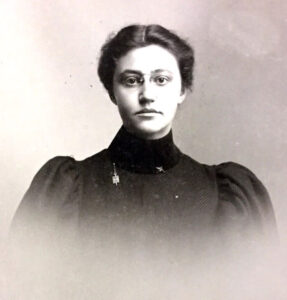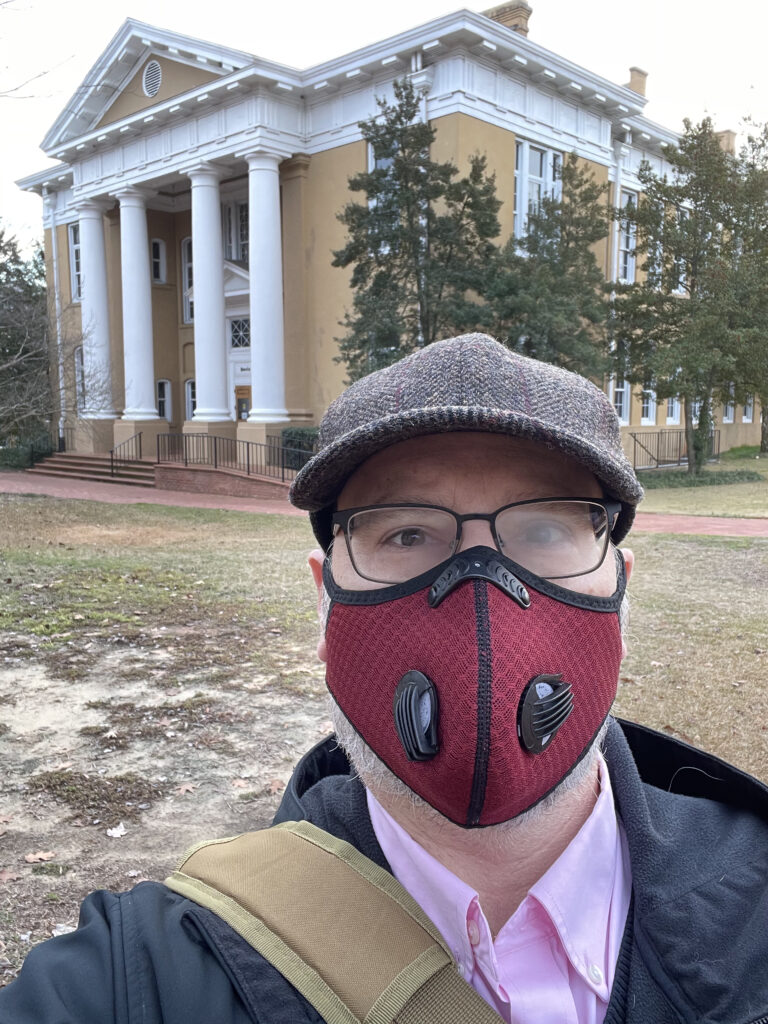On January 22nd Publisher’s Weekly published on OpEd of mine in their Soapbox. It was based on a longer piece I wrote on Facebook. Here is the longer version.
On January 6th insurrectionists invade the Capital in Washington DC to attempt to subvert the will of the American people by attempting to overturn the presidential election. They did so after a morning, and indeed, months of instigation founded on misinformation, false grievance, and a climate that increasingly defines politics as a pursuit of power over the judicious use of power at the behest of the people.
It has taken me several days to begin to make sense of this, to get over my anger, and to affirm for myself a way forward. For me, as an information scientist; as a director of an academic program that prepares librarians and information professionals; as an author and speaker, the way forward is clear: we must rebuild the civic and educational structures that bring communities together.
This is not a shocking conclusion. One could even rightly say it is a self-serving one. After all, as a scholar, educator, and author I am invested in the success of these institutions. However, I am invested because I continue to see their value and positive transformational potential.
I am invested because I have seen when libraries break out of the artificial bounds of collections and neutrality, they become instruments of community cohesion. I have seen libraries host difficult conversations on race. I have seen libraries bring together a people on issues of immigration. I have seen libraries fight for the poor, and the incarcerated, and the all too forgotten in attempts to remove the alien nature of neighbors. From drag queen story hours, to human libraries, to simply providing a collection that captures the value and richness of the human experience, our public libraries must continue to weave together a fragmented social fabric one person, one neighborhood, one nation at a time.
I am invested because I have not only seen for myself, but read study after study on the power school librarians in the education of our youth. I have seen dedicated educators in out school’s largest and most inclusive classrooms, school libraries, make a safe space for the marginalized. I have seen school librarians go beyond the limits of testing to engage children in true inquiry and spark the passion for learning. I have seen school libraries with books and makerspaces, and hydroponic gardens, and talent shows, and whole programs give students status and meaning in an education system all too often focused on outcomes and curricular standards. And I have seen school librarians from the cities and the states again and again and again sound the alarm that literacy in this era must be more than reading and arithmetic but understanding and the ability to interrogate messages and claims in the media, on the net, and in the very conversations we have as a nation. Alas, I have also too often seen these heroes and their programs cut based on the false premise that the only learning that occurs in a school is tied to a textbook.
I am invested because I have seen academic libraries and archivists not simply preserve our cultural heritage, but make it accessible and meaningful to their universities, and the world at large. I have seen stewards of the record of our history, with a degree, or without, force us all to honestly acknowledge a past of racism, bigotry, exclusion, and authoritarianism that does not simply inform our present, but is part of our present mechanisms of systemic racism and political ideologies. I have seen medical librarians ensure that today’s front-line health workers are prepared to face the savage reality of COVID and the savage reality of non-critical thinkers that dismiss science for adherence to political messaging. I have seen academic librarians dedicate themselves to prepare college students of this nation to do actual research, embracing Google and social media, but also the scholarly record, and the foment of investigation.
I am invested because I have seen the power of the information professional, the IT worker, the social media strategist, the data scientist when they are prepared with the ethical skills to complement their technical ones. I have seen the IT manager and the business process analysts ensure that we never see our fellow citizens as simply consumers or dopamine triggered users, but rather as human beings. Human beings that at their core seek safety and certainty and meaning in their lives – and when an unjust society deprives them of means of engaging in the democracy and the economy, they have no choice but to turn to demagogues who mask narcissism in patriotism, and self-interest in twisted visions of greatness.
The future of this nation is not the sole property of a political party. The future of this nation is in the capabilities and education of its citizens. Again and again and again we see that when “enemies” come together in honest and civil conversations – when they are exposed to “the other”- they find commonality. It is too easy to hate through a screen, particularly when the person on the other end may not be a person at all.
My own work seeks to better understand the role of librarians in society. As part of that I have come to the conclusion that there is no neutrality in the work of information. All views are not equal, all visions for the future are not the same nor must they presented in an unbiased or equal fashion. A vision of the future where elections are overturned by the group most willing to tear down social norms and resort to violence is not as valid as a future where righteous protest over inequity are protected. A future where profit drives national narratives and is preferred over community forums of civic engagement is not the right future. A future where libraries and schools are restricted to providing only a prepackaged version of “objective belief,” must be rejected. In its place we must all embrace and prepare for a complex world where human desire for meaning must temper a baser desire for power and exclusion.
I am invested in the success of libraries, and schools, and academia because I believe they are the essential social infrastructure to move us past the dark actions of January 6th. I ask that we all invest in them and ensure our voices are heard and our democracy strengthened. I am not asking us all to magically agree, but to agree that it is through debate and seeking fair and equitable mechanisms (elections, governance, education) that we will be great. And I am asking us all to acknowledge that we are not there yet. I am asking us to invest not in a person or a party, but in our neighbors whatever their color, or whoever they love, or however they identify themselves.
I also acknowledge that I am making this request from a place of privilege and economic stability. I am making this request on lands taken from indigenous people, and I am asking for peaceful revision to a system that all too often used violent means to suppress people of color.
This country was founded with the following words:
“We the People of the United States, in Order to form a more perfect Union, establish Justice, ensure domestic Tranquility, provide for the common defence, promote the general Welfare, and secure the Blessings of Liberty to ourselves and our Posterity, do ordain and establish this Constitution for the United States of America.”
These words were a mission, not a statement of fact. It was the starting point…we did not form a perfect Union, we formed a government to seek one out. We, as a nation, a colonizing power, a slave owning nation, an imperfect collection of very fallible human beings, put in writing not some statement of success, but of aspiration. An aspiration that we MUST continue today. WE ARE NOT A PERFECT UNION. We will never be a perfect union because the definition of such a thing will change with the advent of new understandings of physics that can enlighten or build bombs; with new medical capabilities that both save lives and bankrupt those unable to pay for them; with new understandings of sexuality and gender that can both liberate and evoke fearful condemnation; and, yes, with new technology that can connect mankind and allow the worst of our human nature to seek out its peers.
I am invested in seeking out a more perfect union, and believe such a pursuit begins with equitable education, information, and conversation.



